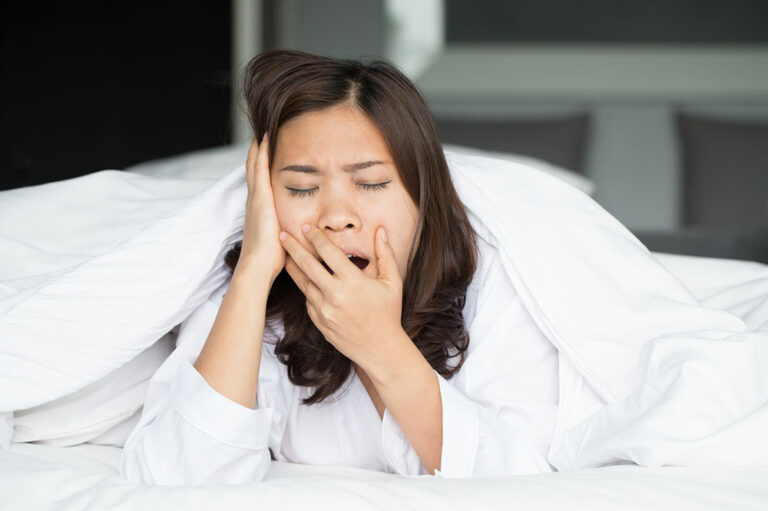Common lifestyle factors affecting the menstrual cycle

A regular or moderately pain-free menstrual cycle indicates that one’s hormone levels and the optimal functioning of the reproductive system are in balance. However, many women experience an irregular menstrual cycle now and then throughout their reproductive period. When left unnoticed for a long time, it can manifest a wide array of potential health ailments, from infertility to cardiovascular diseases. Scroll down to discover how each element of one’s lifestyle can disrupt their menstrual cycle.
Menstrual cycle and lifestyle – An overview
The menstrual cycle usually lasts four to seven days and happens once every 28 days. If the cycle occurs in less than 21 days or more than 35 days, it signifies an irregular period. Moreover, missing three or more cycles in a row or heavy menstrual flow than usual are also signs of abnormal menstruation.
Paying attention to lifestyle habits that can affect hormone levels and menstruation is extremely important.
Lifestyle factors that disrupt the menstrual cycle
An abnormal or irregular menstrual cycle is a complicated issue to fix since the related hormones are affected by various factors. Here, we have compiled some significant lifestyle factors that impact the menstrual cycle.
- Stress
Stress is the most common lifestyle factor that causes an irregular menstrual cycle. When one is stressed, it affects the brain and releases stress hormones. This, in turn, makes the body react with negative consequences like acne, sleeplessness, and abnormal periods like an early or delayed cycle.
- Lack of physical activity
Being physically active provides numerous benefits to one’s health. However, one’s lack of physical activity induces an irregular menstrual cycle by reducing blood circulation. It also leads to the imbalanced production of hormones.
- Poor meal plan
A poor meal plan low in antioxidants and nutrients and high in sodium, sugar, fats, and food additives increase cortisol levels. Excess cortisol hormones impact the reproductive system, resulting in an irregular period. - An overstretched or inconsistent work schedule
An inconsistent or overstretched work schedule leads to physical and mental stress. Moreover, for many people, remote work has blurred the lines between professional and personal space. Lack of rest and time for oneself can ultimately impact hormone levels and lead to an irregular menstrual cycle.
An irregular or frequently missed menstrual cycle shouldn’t be ignored. It indicates severe complications like PCOS, thyroid issues, and uterine damage, which can affect one’s quality of life. Therefore, it is essential to consult a gynecologist and take the necessary steps to incorporate certain lifestyle changes to get one’s menstrual cycle and life back on a healthy track.










